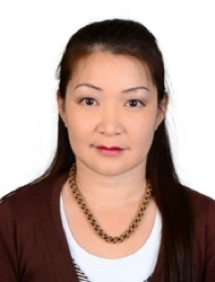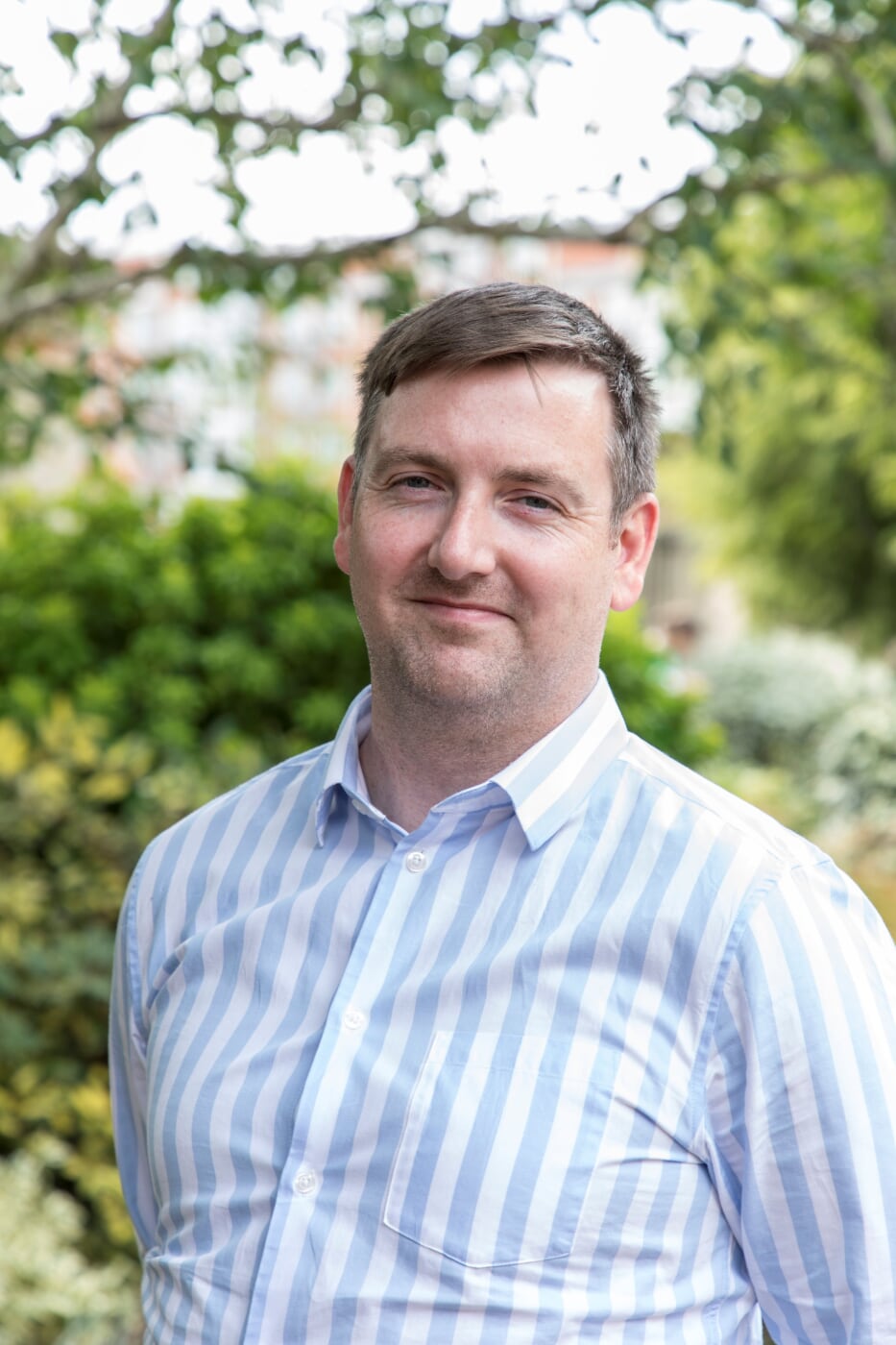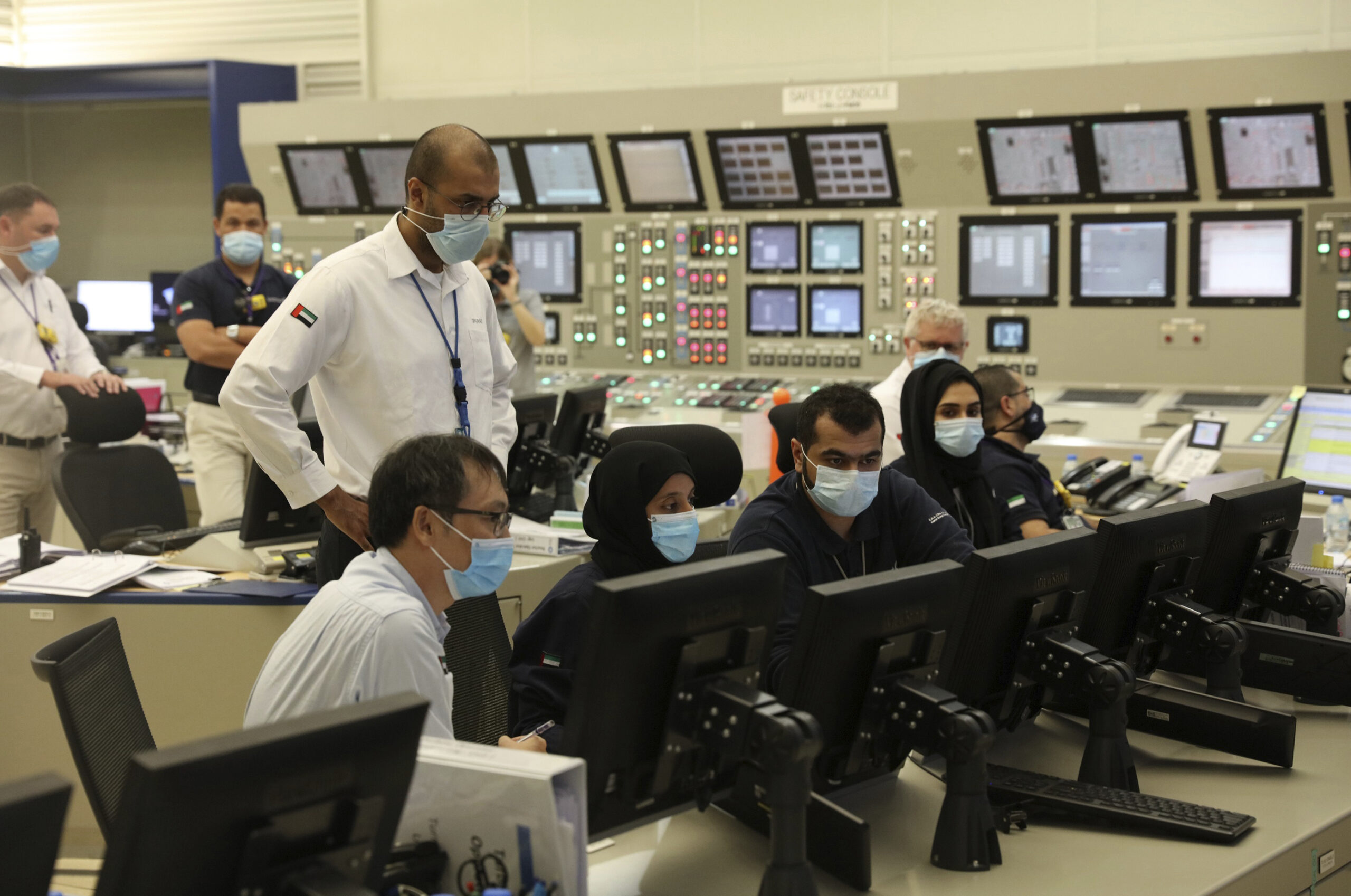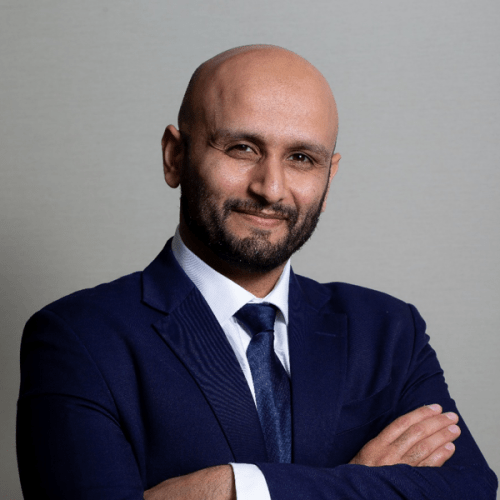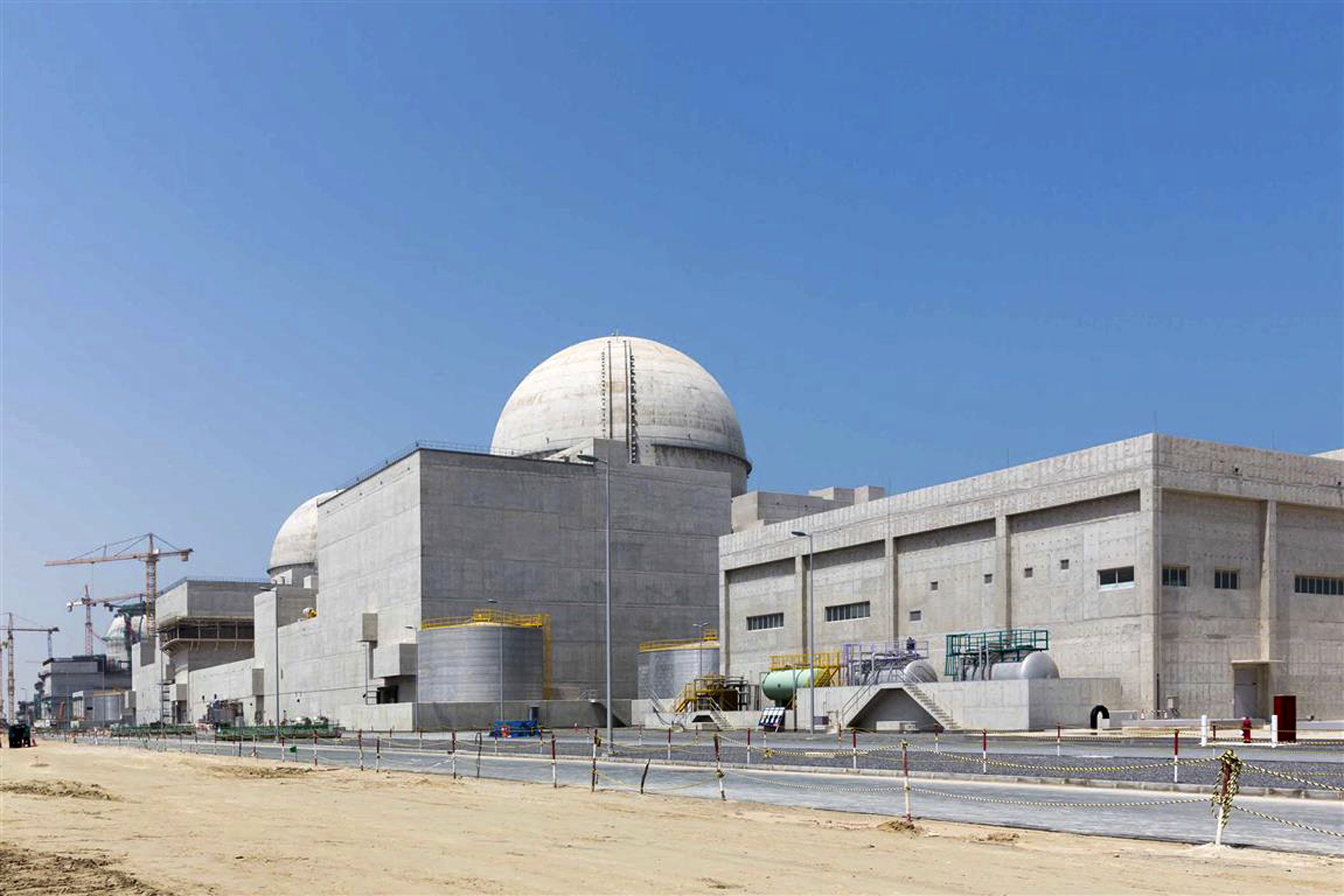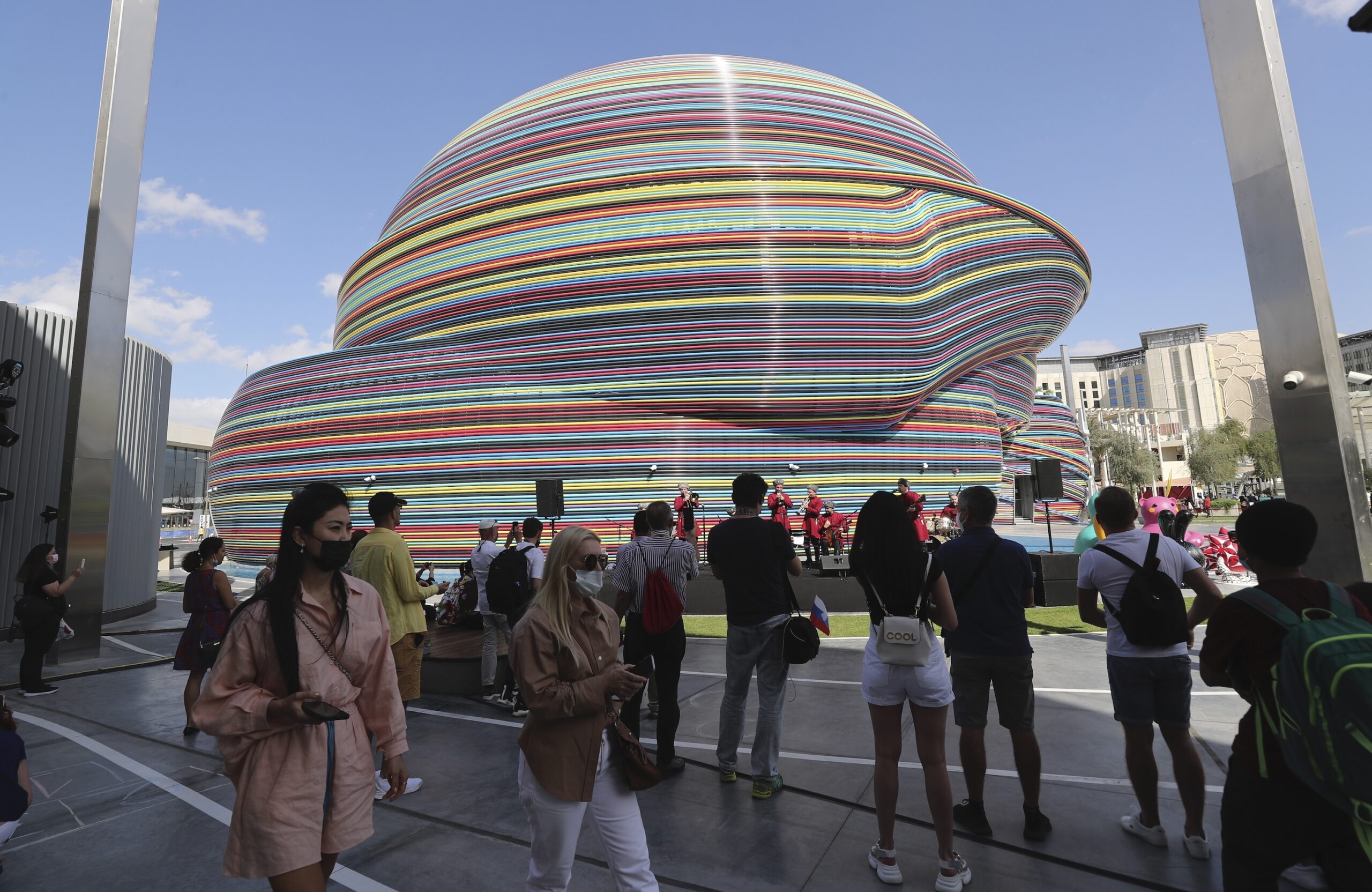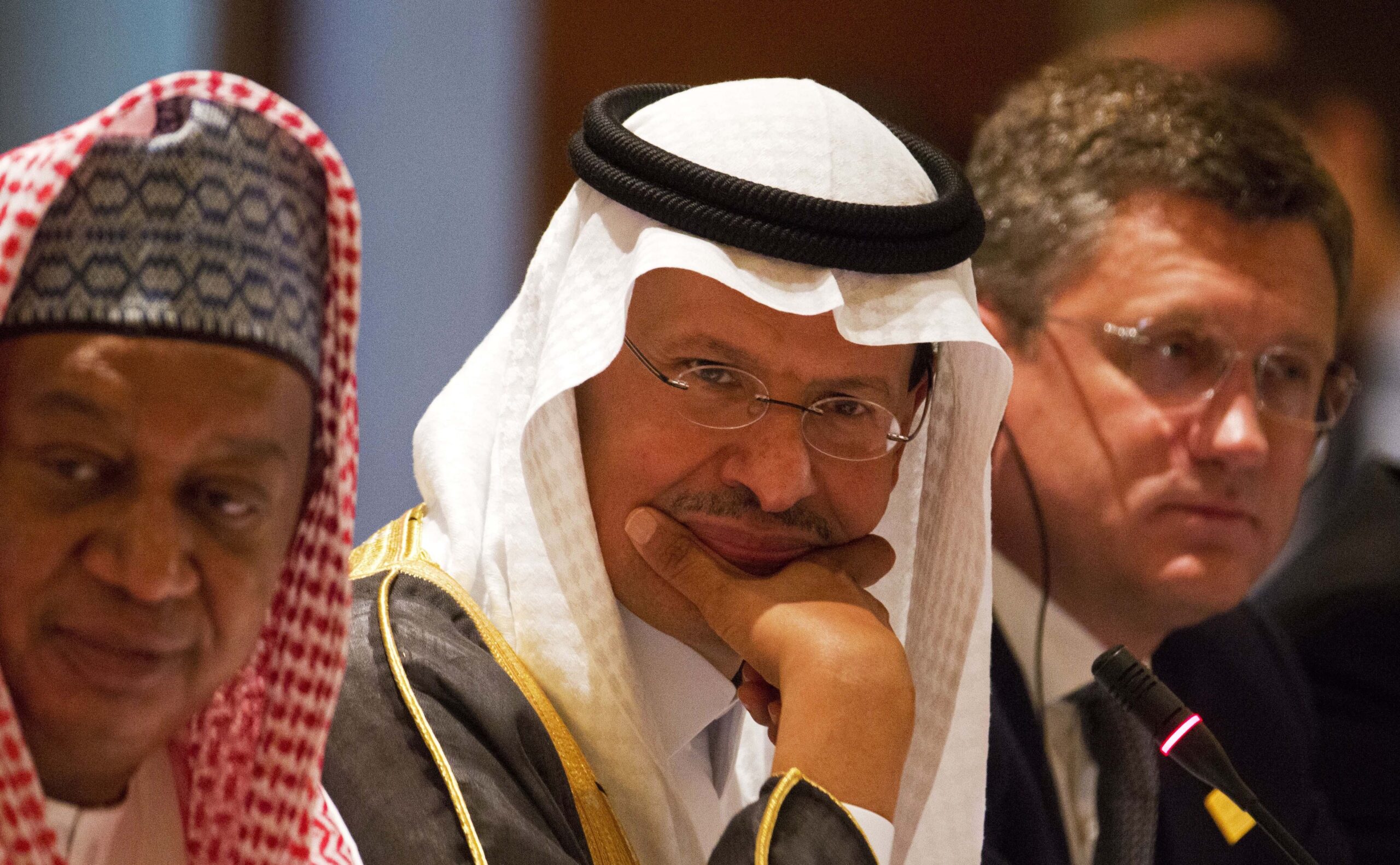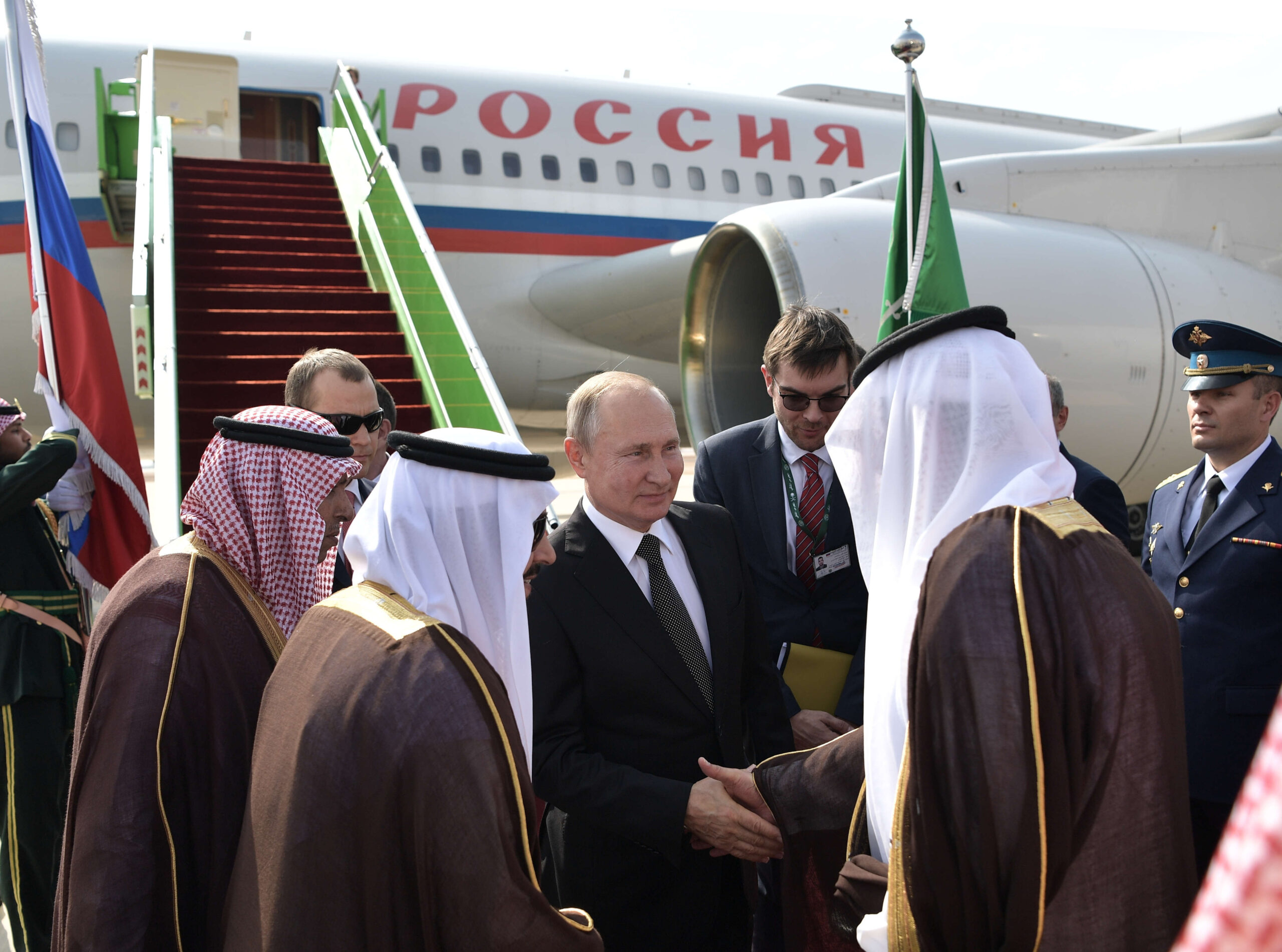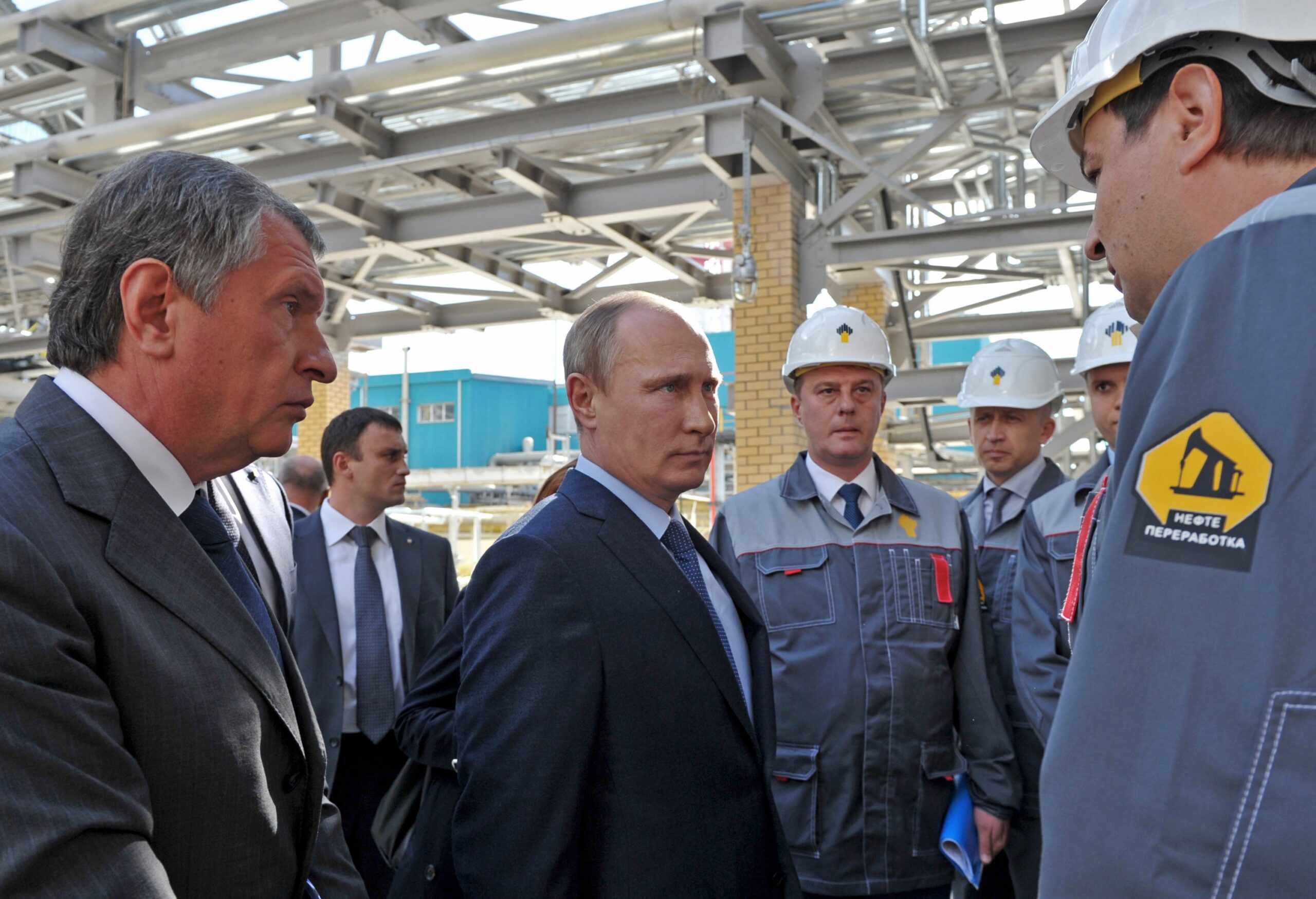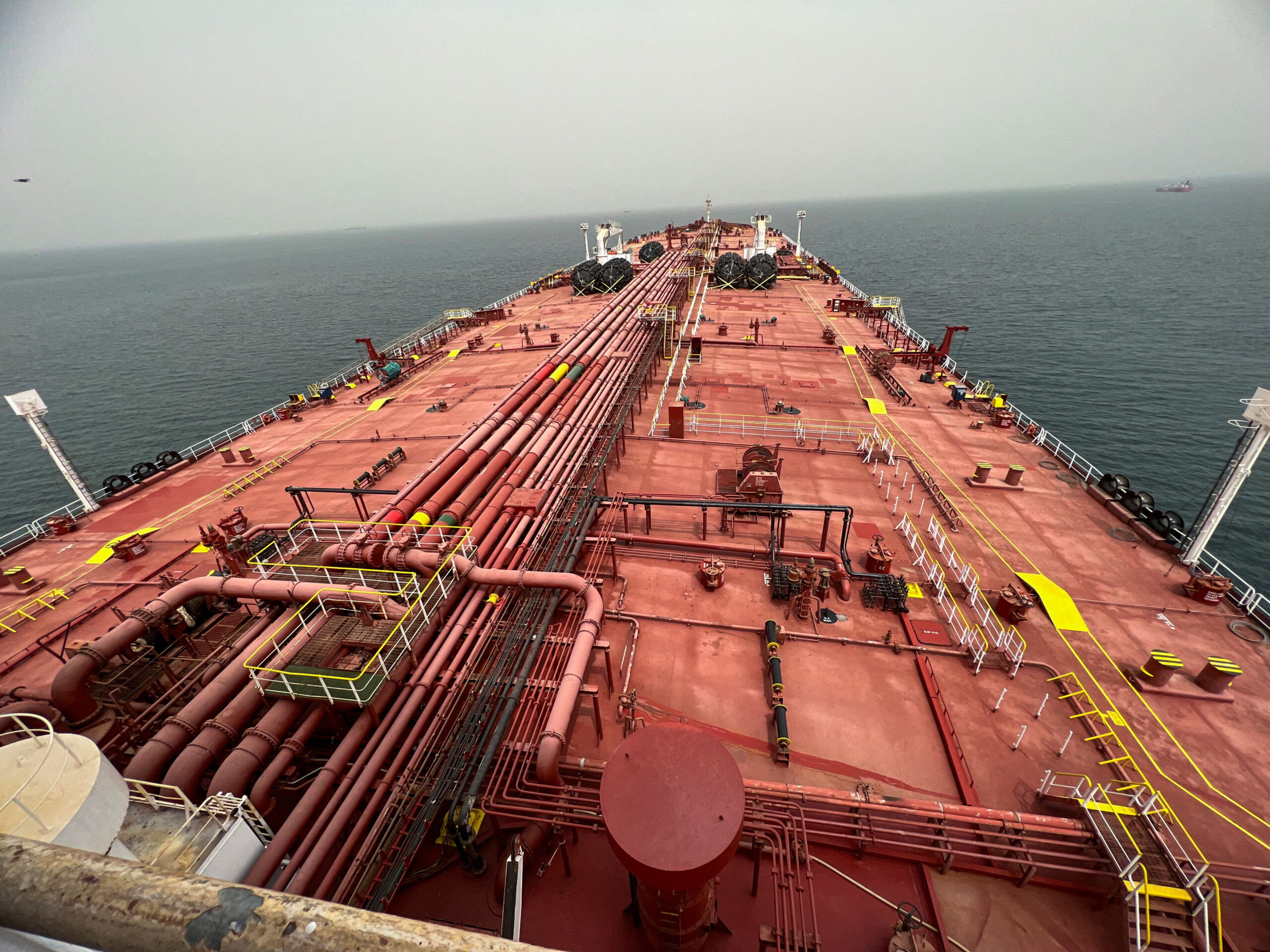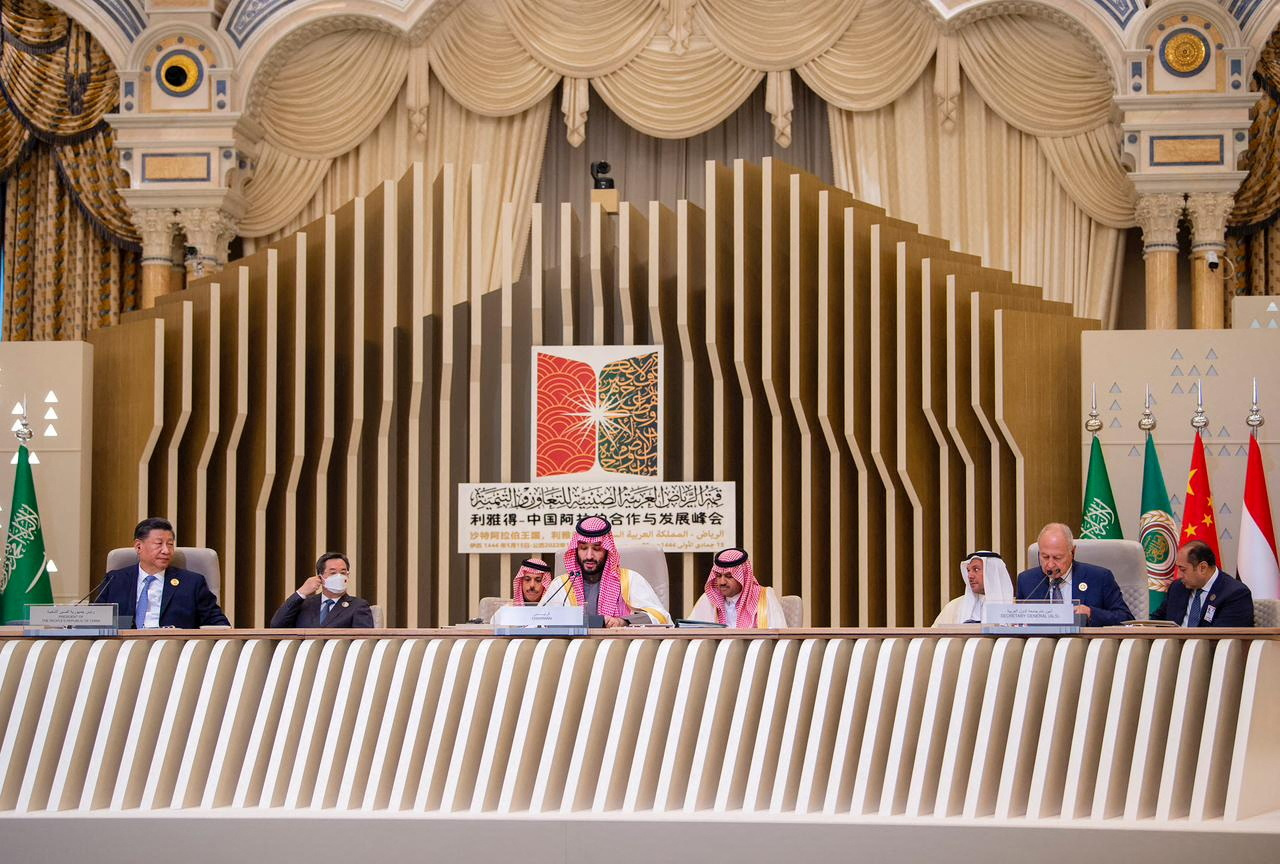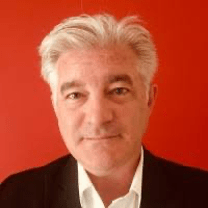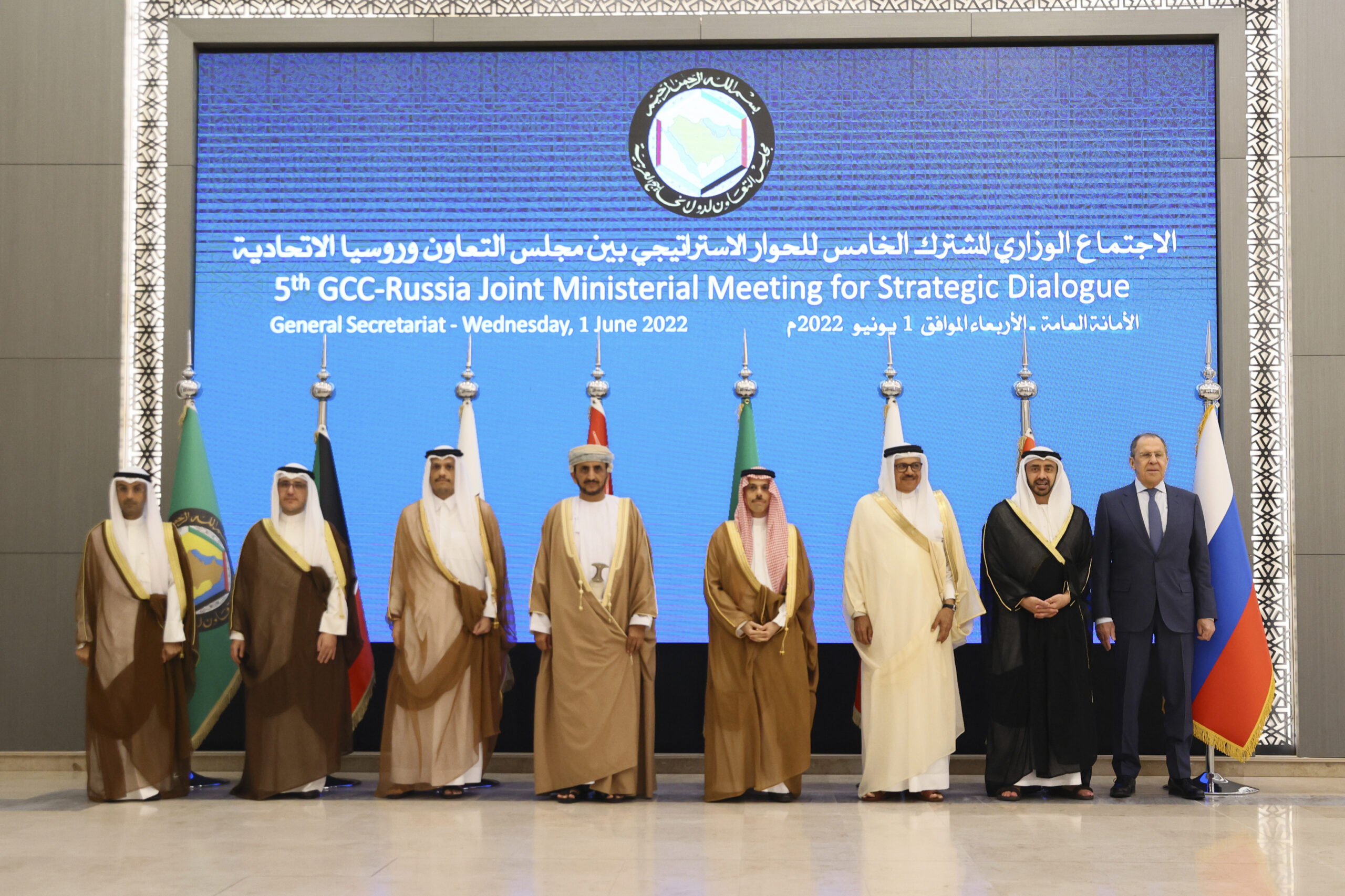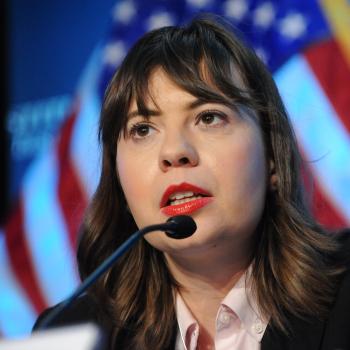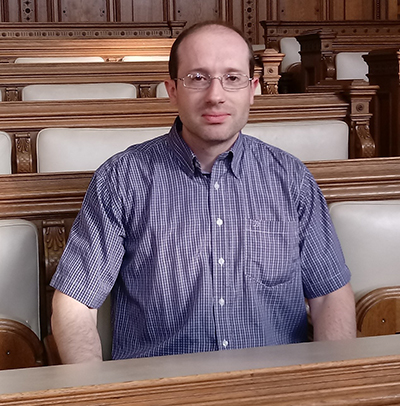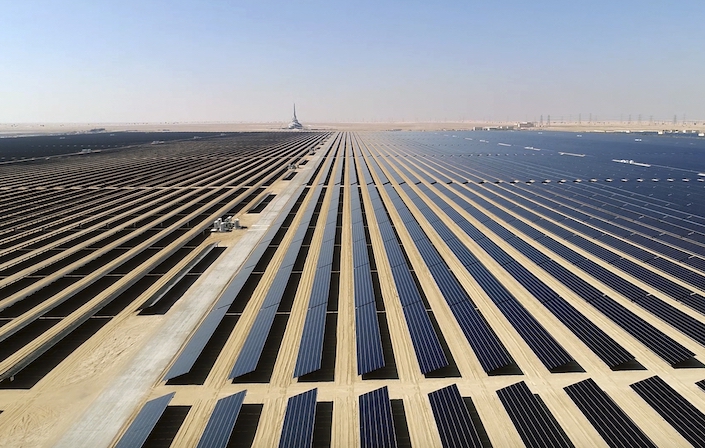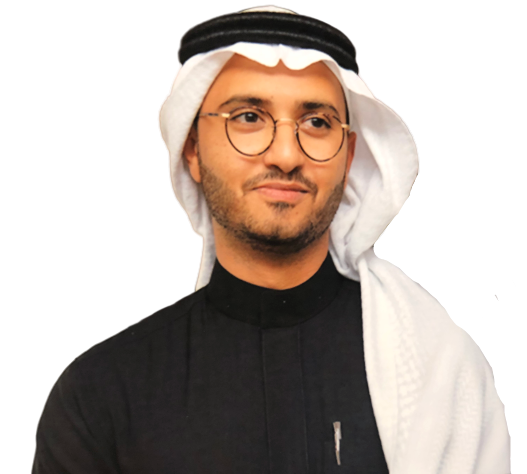Nuclear Power in the Middle East: The Politics of Stakeholder Coalitions
The creation and management of domestic and external stakeholder coalitions is intrinsic to a sustained commitment to nuclear energy in the UAE.
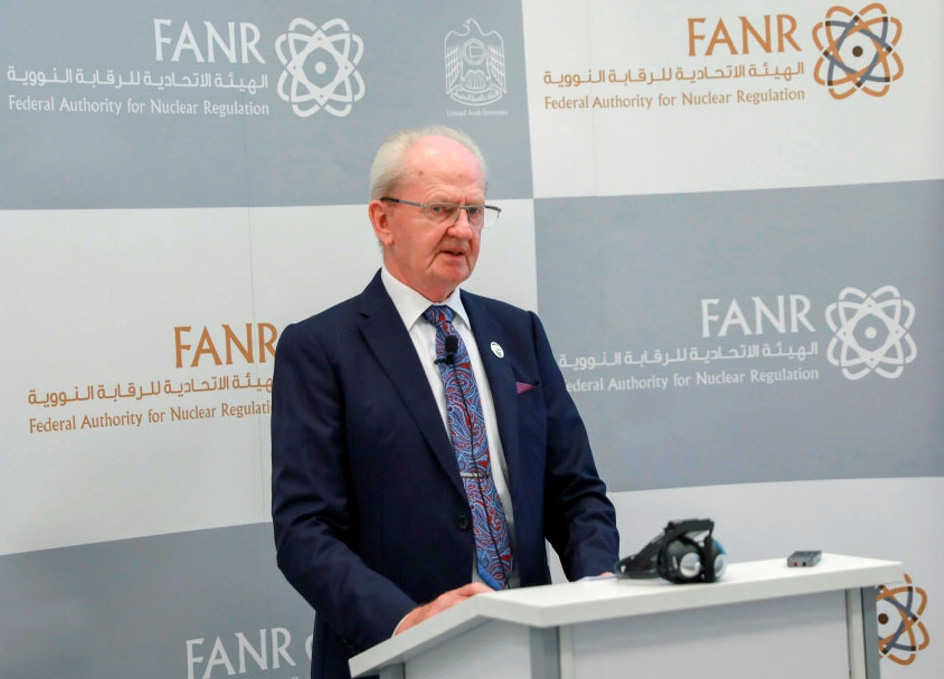
In August, the Arab world’s first nuclear power station began to dispatch electricity into the power grid of the United Arab Emirates. Bringing the Barakah nuclear power plant online was a long-awaited milestone in a journey that began in 2007 when an interagency task force was mandated to formulate a strategy to address the looming power shortfall in Abu Dhabi. The trajectory of the project has not been replicated in the Gulf despite initial enthusiasm. Kuwaiti leaders declared that “If nuclear was going to happen in the UAE, then we should do it too,” according to Adnan Shihab-Eldin, director-general of the Kuwait Foundation for the Advancement of Sciences. And Bahrain announced it would generate nuclear power by 2017. Elsewhere in the Middle East, little progress has been made on nuclear power contracts awarded around the same time as Barakah: Turkey’s Akkuyu plant (awarded in 2010) is in the early stages of construction, Egypt’s El Dabaa plant (awarded in 2015) languishes in the pre-construction phase, while Jordan (awarded in 2015) is evaluating if its needs could be better served by smaller capacity modular reactors.
What explains these different outcomes once a decision to “go nuclear” has been made? The role of political strategy, in particular creating and maintaining enabling political coalitions of stakeholders, appears to be central. This is especially so for a relatively unfamiliar or niche technology in the Middle East that has to contend with existing vested interests and networks in the energy sector. Nuclear power also requires a sustained political and financial commitment since new nuclear plants take 10 to 19 years or more between planning and operation and are prohibitively expensive on a whole life-cycle basis compared to alternative electricity generation technologies.
Considering the experience of the UAE and its regional peers, there are four apparent pathways to manage stakeholder coalitions that will be needed by nuclear newcomers in the Middle East.
Create New, Pro-Nuclear Actors
Policymakers in Abu Dhabi quickly created new groups of domestic actors with vested interests in promoting a new energy source in the UAE. The aim was to build positive and institutionalized “policy feedback” to make it harder to dismantle or dilute nuclear energy policy in the future.
These actors included an independent regulatory body (the Federal Authority for Nuclear Regulation or FANR), a nuclear plant owner (Emirates Nuclear Energy Corporation or ENEC) and operator (Nawah), a nuclear technology center to spur innovation on safety systems, institutes at vocational and university levels offering nuclear engineering and other related training courses, and hundreds of Emirati nuclear engineers and specialists, including 30 reactor operators certified by FANR.
In contrast, Kuwait was much less successful in creating a network of new and effective pro-nuclear actors. Even though the National Nuclear Energy Committee was headed by the prime minister, the committee was handicapped by the weak autonomy of the government. This is because Kuwait’s political system, in particular, the popularly elected National Assembly and its power over budgetary allocations, discouraged large, ambitious projects, such as a civilian nuclear plant. Resistance by preexisting networks against a breakthrough by nuclear energy was hence formidable.
In Saudi Arabia, the King Abdullah City for Atomic and Renewable Energy was established in 2010 to spearhead the kingdom’s civilian nuclear program. Although slow to get off the ground, a legal framework and an independent nuclear regulator are now in place. Turkey and Jordan also created nuclear stakeholders. However, the Turkish Atomic Energy Agency and Jordan Atomic Energy Commission lacked credibility and ended up being sources of negative policy feedback, which added to the difficulties of implementing and sustaining nuclear energy programs in these countries.
Framing the Co-benefits of Nuclear
Building a supportive coalition for nuclear energy also required preempting potential “resistance” by reinforcing the co-benefits of adopting a niche technology.
One of the staunchest supporters of nuclear energy in the UAE is the gas industry, since nuclear power substituted for gas in the electricity grid. Exporting gas or injecting it into oil fields for enhanced oil recovery or using gas as industrial feedstock is more valuable, in terms of revenue and economic diversification, than consuming gas domestically at subsidized prices. Nuclear energy – together with subsidy reductions, intensive exploitation of gas deposits, and energy efficiency measures – is therefore perceived as a key contributor to the UAE’s goal of gas self-sufficiency and eventually becoming a net gas exporter.
ENEC also actively courted industry and business, which traditionally relied on spending by the state-owned hydrocarbon sector. As of August, ENEC had awarded contracts worth $4.8 billion to around 2,000 local businesses, including Emirates Steel, Dubai Cable Company, and National Cement. The co-benefits to local businesses also extended to the wider economy since every dirham (approximately $0.27) spent by an average nuclear energy plant results in the creation of 1.04 dirhams ($0.28) in the local community and about 1.87 dirhams ($0.51) in the country’s economy.
Additionally, nuclear power brings with it political co-benefits. With its utility-scale operations, state ownership, as well as centralized production, distribution, and transmission systems, it reinforces and perpetuates the existing top-down model of state-society relations. In this way, nuclear energy segues with the “modernizing autocracy” narrative in the UAE, where technology and technical management are perceived as instrumental in solving agricultural, environmental, and economic obstacles to development. Dams, irrigation, drainage, and desalination have contemporary equivalents in carbon capture and storage, solar parks, hyperloops, and space travel.
The co-beneficial relationship between nuclear power and existing stakeholders is likewise evident in other countries in the Middle East. Prime Minister Recep Tayyip Erdogan’s ambitious Vision 2023 plan to make the country one of the top 10 economies in the world explicitly mentions targets like nuclear power; Turkey’s first-ever nuclear plant at Akkuyu, a new airport in Istanbul, additional hydroelectric dams, the world’s longest suspension bridge, and the world’s first 3-story tunnel are all part of Vision 2023.
Preempt Negative Policy Feedback
A third aspect of coalition building involved disarming potential negative policy feedback.
In the UAE, potential critics of nuclear energy from health and environmental circles were co-opted as board members of FANR, including the managing director of the Environment Agency Abu Dhabi. As an environmental regulator for the Barakah nuclear plant, the agency was tasked with reviewing and approving license applications for site preparation, construction, and operation. Although tensions between environmental regulators and nuclear operators are common in other countries, ENEC had a “very positive” working relationship with the Environment Agency Abu Dhabi, according to David Scott, the senior director of Executive Affairs Authority Abu Dhabi. For example, ENEC constructed a much longer breakwater than the reference plant in South Korea to minimize thermal recirculation in the shallow Arabian Sea, removing a potential reason for the agency to delay the project.
The UAE was also proactive in disarming negative policy feedback from abroad. The leadership was fully cognizant that the security risks of its nuclear program would be under the global microscope. Consequently, Abu Dhabi prioritized winning the confidence of external stakeholders. It made sure the credibility of its nuclear regulator was unquestioned. FANR’s board of management is appointed by a Cabinet resolution, thus avoiding direct ministerial control over nuclear safety regulation; in contrast, the Turkish Atomic Energy Agency reports to the prime minister, who appoints members for a fixed 4-year term. This means that FANR’s board members are better protected from discretionary removal from duty. In the UAE, regulatory and promotional responsibilities are carried out by separate entities – FANR and ENEC respectively – to avoid conflicts of interest, such as pressure to speed up approvals. In Turkey’s case, the Turkish Atomic Energy Agency combines both roles; a regulatory agency was never created although one was envisaged under the country’s Nuclear Law of 2007.
Abu Dhabi also hired prominent foreigners with vast experience in the nuclear industry, particularly in safety and nonproliferation. They included William Travers and his successor at FANR, Christer Viktorsson, as well as Hans Blix, the United Nation’s former chief weapons inspector and former head of the International Atomic Energy Agency, who was appointed as chairman of the UAE’s International Advisory Board. In comparison, the heads of the regulatory agencies in Egypt, Turkey, and Jordan are local citizens. Leveraging the European Union’s stature as Turkey’s principal trading partner and foreign direct investor, the European Parliament even recommended the termination of Akkuyu’s construction.
To further assuage foreign concerns, Abu Dhabi became a signatory of all basic and additional protocols for acquiring civilian nuclear technology. It even voluntarily agreed to a rare “gold standard” whereby prohibition against uranium enrichment and reprocessing is enshrined in the country’s legal code. The difference between the UAE’s approach and Saudi Arabia’s is striking. The kingdom has defended its right to enrich domestic uranium, despite the high costs and lengthy lead time of an indigenous uranium program and availability of multiple suppliers of enriched uranium. Coupled with Crown Prince Mohammed bin Salman’s declaration that Saudi Arabia would follow suit if Iran developed a nuclear bomb, wariness over Saudi-Pakistani and Saudi-Chinese nuclear ties, and the Saudi refusal to sign the IAEA’s Additional Protocol, it is little wonder that the Saudi program has encountered much more negative policy feedback from external audiences.
In any event, not all external stakeholders are on board with Barakah. Qatar, for example, decried the lack of cooperation with Gulf neighbors over disaster planning. Greenpeace continues to highlight issues of water scarcity and nuclear waste, while some experts have voiced concerns about the security of the plant from aerial drone strikes.
Build Domestic Public Support
The fourth aspect of coalition building focused on the general public in the UAE.
ENEC and FANR were proactive in engaging with the wider public through regular information sessions even prior to the Fukushima nuclear incident in 2011. The result has been consistent and overwhelming support from over 80% of residents for the country’s nuclear energy program; among residents of the Al Dhafra region where the Barakah nuclear power station is located, support has been even higher at 94% in 2018. According to David Scott, public receptivity to information sessions was positive partly because “the Emirates is an engineering-intensive society, much more so than other places in the world where a service economy dominates. A lot of the population here are engineers of one form or another and that has an impact on their ability to consume information about technical topics. And that translates into a high level of support.” This familiarity with technical issues may have contributed to the fact that neither Fukushima nor the scandal over falsification of test reports for reactor materials that implicated South Korean parties to the UAE’s nuclear consortium permanently derailed the nuclear project. In comparison, public support for nuclear energy stands at 38% to 50% in the G7 countries, almost 60% in South Korea, and over 70% in Russia.
Public support and the successful courting of domestic stakeholders meant there was no significant competing narrative about nuclear energy in the UAE. In Turkey however, nuclear detractors and elite groups with ambivalent views offered alternative narratives. The latter are not opposed to nuclear power per se in the country’s energy mix, only the way safety issues and financing or vendor selection are managed. In Jordan, general dissatisfaction with the government has fed into negative public perceptions of the country’s nuclear energy program. With a Trust in Government index of 3.5 to 3.9 out of 7 between 2010 and 2017 for Jordan (compared to 5.6 to 6.3 for the UAE), the prevailing sentiment is that “In Jordan we have witnessed fraudulent elections, a fraudulent Parliament; it is not out of the realm of possibility that at the end of the day we will receive fraudulent studies” about the feasibility of nuclear energy.
Going forward, Middle Eastern countries that aspire to include indigenously generated nuclear energy as part of their energy mix – including Saudi Arabia and Jordan – ignore stakeholder politics at their peril. A successful nuclear energy project demands not only clear-eyed assessments of the economics of nuclear energy and proliferation and geopolitical risks, but also sustained, long-term buy-in from domestic and external audiences over the lifespan of the facility.
The views represented herein are the author's or speaker's own and do not necessarily reflect the views of AGSI, its staff, or its board of directors.
